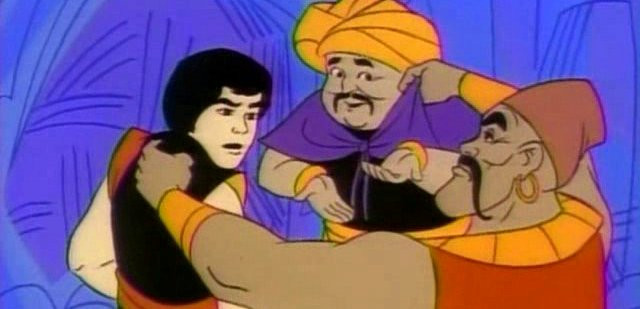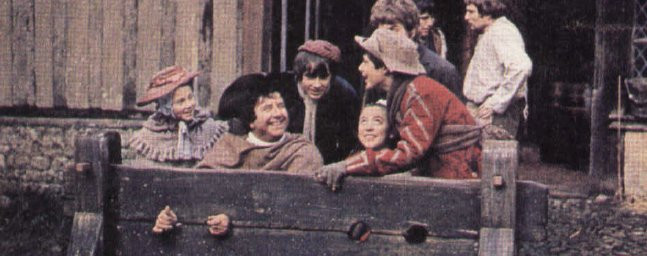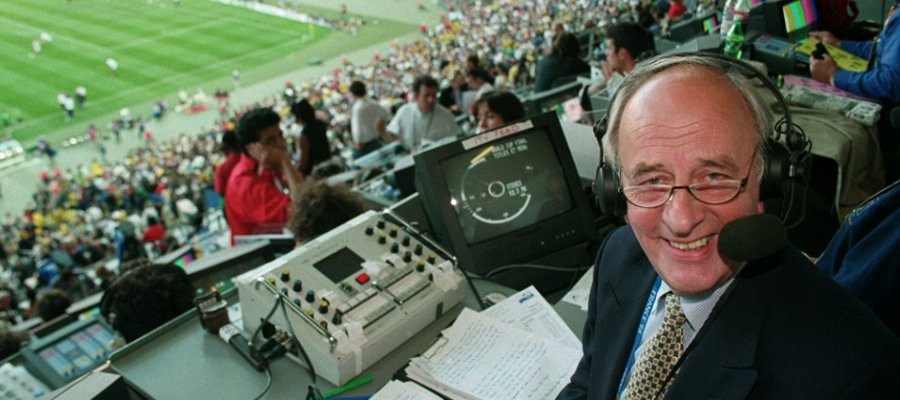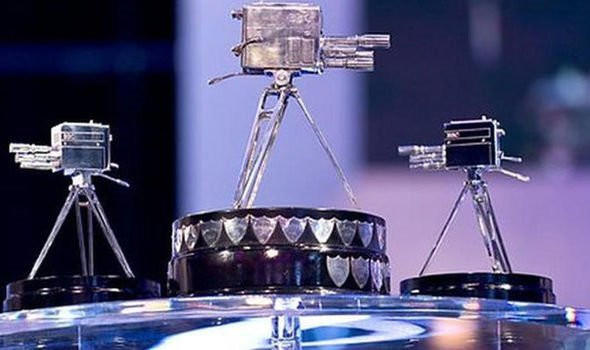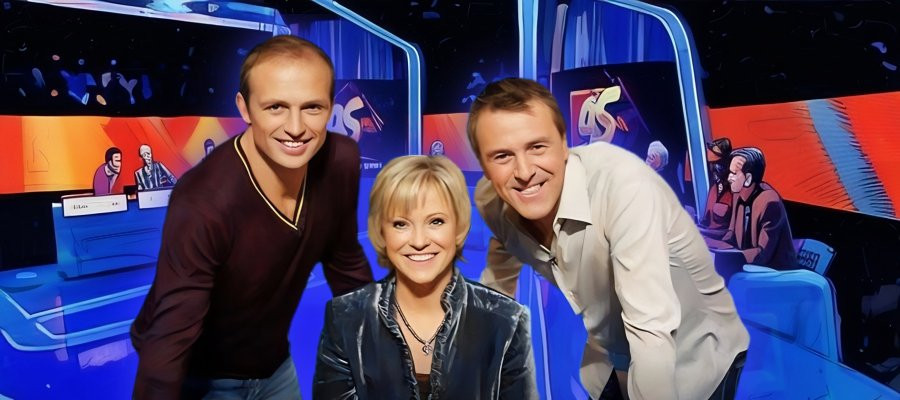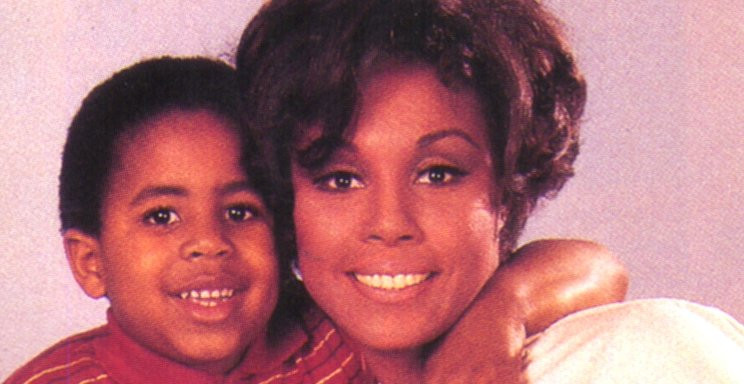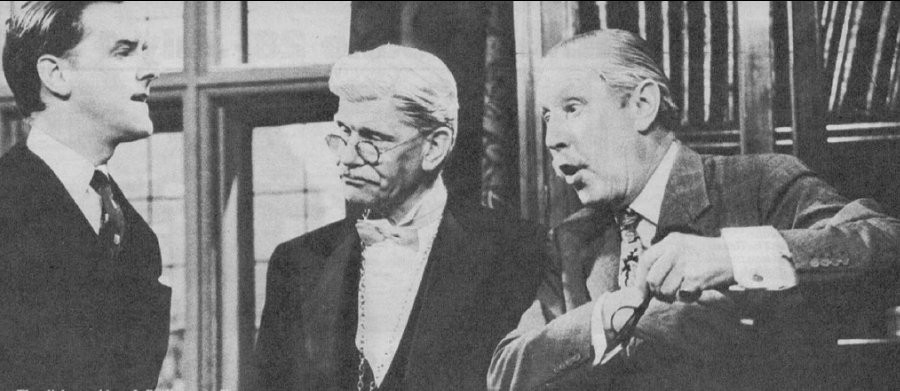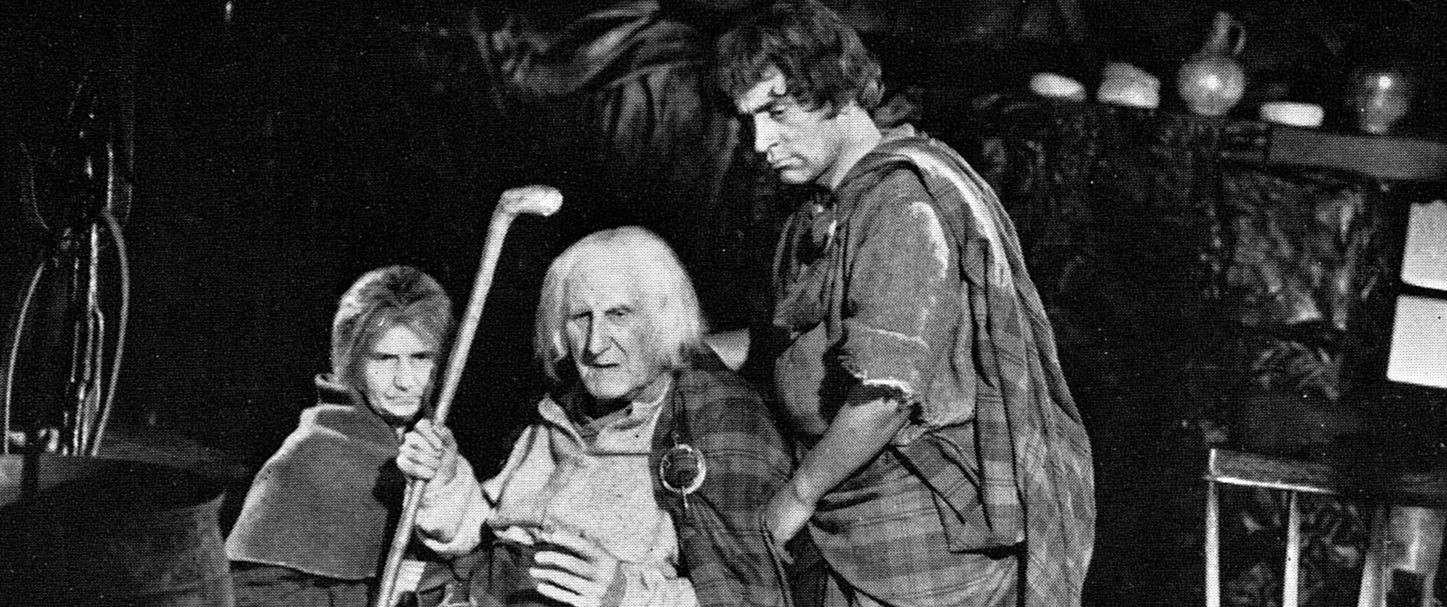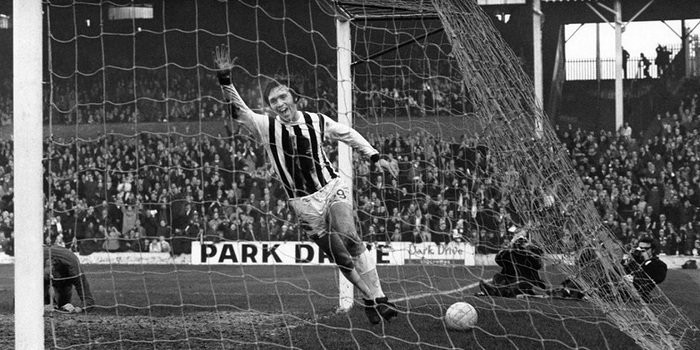
The Big Match
1968 - United KingdomIn the days of having your television choice restricted to just two or three channels, anything on ITV was often seen as a rebellion against the establishment. Where Multi-Coloured Swap Shop was all colourful jumpers and polite phone-ins, Tiswas was anarchy with custard pies; where Blue Peter was school choirs and Christmas decorations, Magpie was celebrity influenced with a more street-savvy vibe. Football was no different.
Match of the Day was the staple diet of football highlights, and on network television it still is. But in 1968, along came LWT. The weekend franchise of Thames TV for the capital city, they muscled their way into the football market with their own offering – The Big Match.
While Match of the Day had cornered the late evening slot on Saturdays, The Big Match had the more tolerable Sunday afternoon slot. But its agreeable time slot belied a rather more in your face approach to its coverage.
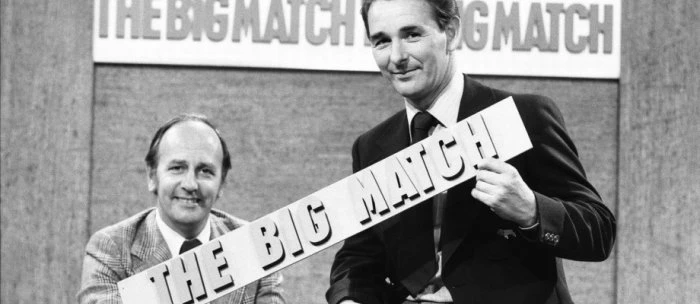
Match of the Day rarely altered its format. Its theme tune is now synonymous with football coverage in an age where theme tunes for sports programmes no longer really exist. But that nostalgia is a modern attachment. Back when BBC and ITV fought over viewing figures, LWT had a range of music over the years, reflecting how they changed their coverage to move along with changing tastes and times.
The Big Match offered a more imaginative range of coverage, offered more post-match analysis and started showing replays. Just as World of Sport had challenged the comfortable cosy chair of the BBC by throwing an afternoon of horse racing and wrestling for ‘grappling fans’ up against Grandstand, so The Big Match competed with its football coverage, while the BBC stood still.
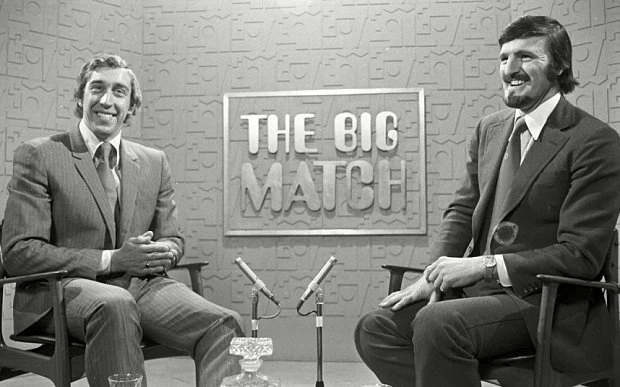
Also introduced via LWT’s football offering were Jimmy Hill and Brian Moore. Hill would of course go on to jump ship to ‘the other side’ and become a regular front man for the BBC, but that simply allowed Moore to cement his place as the anti-Hill from 1973 onwards. Commentator, host and pundit all rolled into one, his was a more relaxed style and somehow The Big Match felt like a more all-encompassing offering, with no restriction on the division that the action came from, and indeed also showing Scottish football if they felt the need.
Inevitably, the franchise approach to commercial television would play a part in the lifespan of The Big Match. Although primarily a capital-based programme, it was exported to other regions, despite uncomfortable teething troubles when strike action limited its output in its early weeks, a not unusual occurrence in commercial television in those days. It also saved money for the smaller franchise regions, who could simply import LWT’s offering and save spending their cash covering their own region.
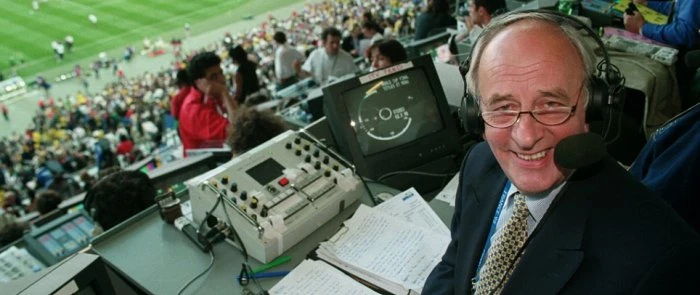
In 1978, Michael Grade negotiated an exclusive deal with the Football League to steal the entire highlights offering from under the BBC’s nose. Cue much uproar from the establishment, so much so that the government intervened to cancel the contract and an uncomfortable alliance had to be formed whereby the Saturday evening/Sunday afternoon slots were rotated between the two channels on a season by season basis.
Inevitably, the mix and match approach couldn’t last. As the prospect of live football edged closer, so the game was always going to be up, and despite its entertaining run, The Big Match effectively vanished in the 1980s when full match coverage became an option. ITV continued to play around with the title, depending on what their offering was, but with the regional franchise approach and without the establishment identity that Match of the Day had, its run was over and the rebranded The Match effectively ended with the advent of the Premier League in 1992.
In the years that followed, most people accepted that ITV sports offering was a rather watered down version of the BBC’s, and with the demise of Dickie Davies’ World of Sport, the identity of commercial television sport went into a decline. However, The Big Match will always remain as the programme that set new standards in football highlights and LWT were unusually ahead of the game when it came to football coverage in many ways. Match of the Day may have won the battle, but there is a rare place of affectionate nostalgia for ITV’s most successful football vehicle as is evidenced by The Big Match Revisited becoming a regular favourite on satellite television.
Seen this show? How do you rate it?
Seen this show? How do you rate it?
Published on April 27th, 2019. Written by Brian Slade for Television Heaven.



